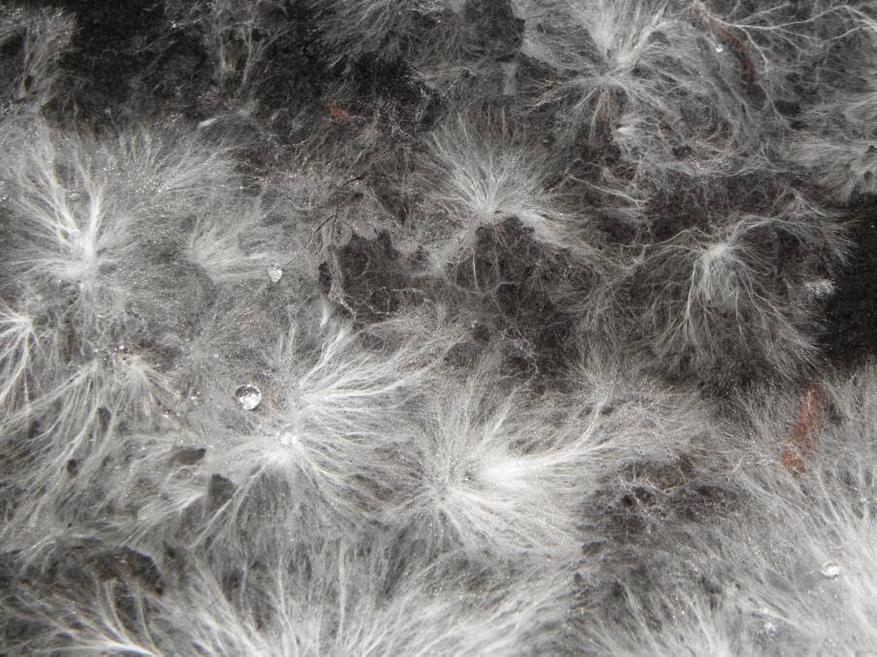Mycelium Market: The Role of Mycelium in Developing Bio-based Composite Materials for a Greener Future

The mycelium market is gaining significant traction as industries across the globe seek sustainable solutions to replace traditional materials that harm the environment. Mycelium, the root system of fungi, is not only a powerful force in nature’s ecosystems but also an emerging material with the potential to revolutionize multiple industries. From packaging to construction, and even automotive parts, mycelium is playing a critical role in developing bio based composite materials that support a greener, more sustainable future.
Mycelium
Composite materials are made by combining two or more distinct materials to create a product with enhanced properties, such as increased strength, reduced weight, or better thermal insulation. Traditional composite materials, such as fiberglass or carbon fiber, are often derived from petroleum based products or require extensive energy to produce, making them unsustainable options in the long term. As industries increasingly seek alternatives to synthetic composites, mycelium-based composites are emerging as a viable solution.
Mycelium can be cultivated on organic substrates, such as agricultural waste or sawdust, to create a lightweight, yet durable material. The process of growing mycelium involves natural biological processes that bind the substrate into a solid structure, resulting in a composite material that is biodegradable and non-toxic. This stands in stark contrast to traditional composites, which may take hundreds of years to decompose and often leach harmful chemicals into the environment. By leveraging mycelium’s unique properties, industries can create products that are not only sustainable but also contribute to the circular economy by reducing waste and reliance on finite resources.
Market Insights: The Growing Demand for Sustainable Materials
The mycelium market is positioned for significant growth, driven by the increasing demand for sustainable materials. As consumers, businesses, and governments alike place greater emphasis on environmental responsibility, industries are turning to alternative materials that minimize their carbon footprint.
One of the primary drivers behind the growth of mycelium-based composites is the rising awareness of climate change and the environmental consequences of traditional manufacturing practices. Many industries, including packaging, automotive, and construction, are under pressure to meet increasingly stringent regulations related to waste reduction, carbon emissions, and resource usage. Mycelium’s ability to replace harmful materials with biodegradable, renewable alternatives positions it as an ideal solution for companies looking to meet sustainability targets while still producing high-quality, functional products.
The automotive industry, for instance, is actively exploring mycelium-based composites as a replacement for synthetic materials traditionally used in vehicle interiors, such as foam, plastics, and textiles. Mycelium composites are lightweight yet durable, which can lead to fuel efficiency improvements in vehicles.
Mycelium as a Renewable Resource for the Circular Economy
One of the key advantages of mycelium-based composites is their ability to contribute to a circular economy. Circular economy principles aim to reduce waste, reuse resources, and recycle materials, creating a system where products and materials are continuously regenerated. Mycelium-based composites fit perfectly within this model, as they are biodegradable and can be produced using waste biomass from agriculture or forestry. This upcycling of waste materials reduces the strain on natural resources and helps close the loop in manufacturing processes.
The circularity of mycelium extends to the end of the product’s lifecycle. Unlike synthetic composites, which can take centuries to degrade, mycelium-based products break down naturally and can be composted at the end of their use. This significantly reduces landfill waste and prevents the release of toxic substances into the environment, addressing one of the most pressing issues in modern waste management. As industries increasingly adopt circular economy models, mycelium-based composites are set to play a central role in sustainable production and consumption.
Market Forecast: Growth Potential and Industry Adoption
The mycelium market, particularly in the development of bio-based composites, is experiencing rapid growth and is expected to expand further as industries adopt more sustainable practices. As mycelium cultivation techniques continue to improve, the cost of production will likely decrease, making these materials more accessible to a wider range of industries. Research and development are driving innovations that enhance the performance, scalability, and cost-efficiency of mycelium composites, making them an increasingly viable option for commercial applications.
Partnerships between mycelium producers, manufacturers, and end-users are helping to accelerate the commercialization of mycelium-based composites. Collaborations between the mycelium industry and companies in automotive, construction, and packaging are facilitating the adoption of these materials in real-world applications. As more businesses integrate mycelium into their product lines, the market will continue to grow, contributing to the broader shift toward sustainability.
Challenges and Future Outlook
While the potential for mycelium-based composites is undeniable, there are challenges to overcome. Scaling up production to meet the demands of large industries requires significant investment in infrastructure and technology. Additionally, some industries may be hesitant to switch to mycelium-based materials without sufficient proof of performance and durability under real-world conditions. As mycelium technology continues to evolve, further research is needed to ensure these materials meet the specific needs of industries like automotive and construction, which require high-strength and long-lasting materials.
- Art
- Causes
- Crafts
- Dance
- Drinks
- Film
- Fitness
- Food
- Jogos
- Gardening
- Health
- Início
- Literature
- Music
- Networking
- Outro
- Party
- Religion
- Shopping
- Sports
- Theater
- Wellness


